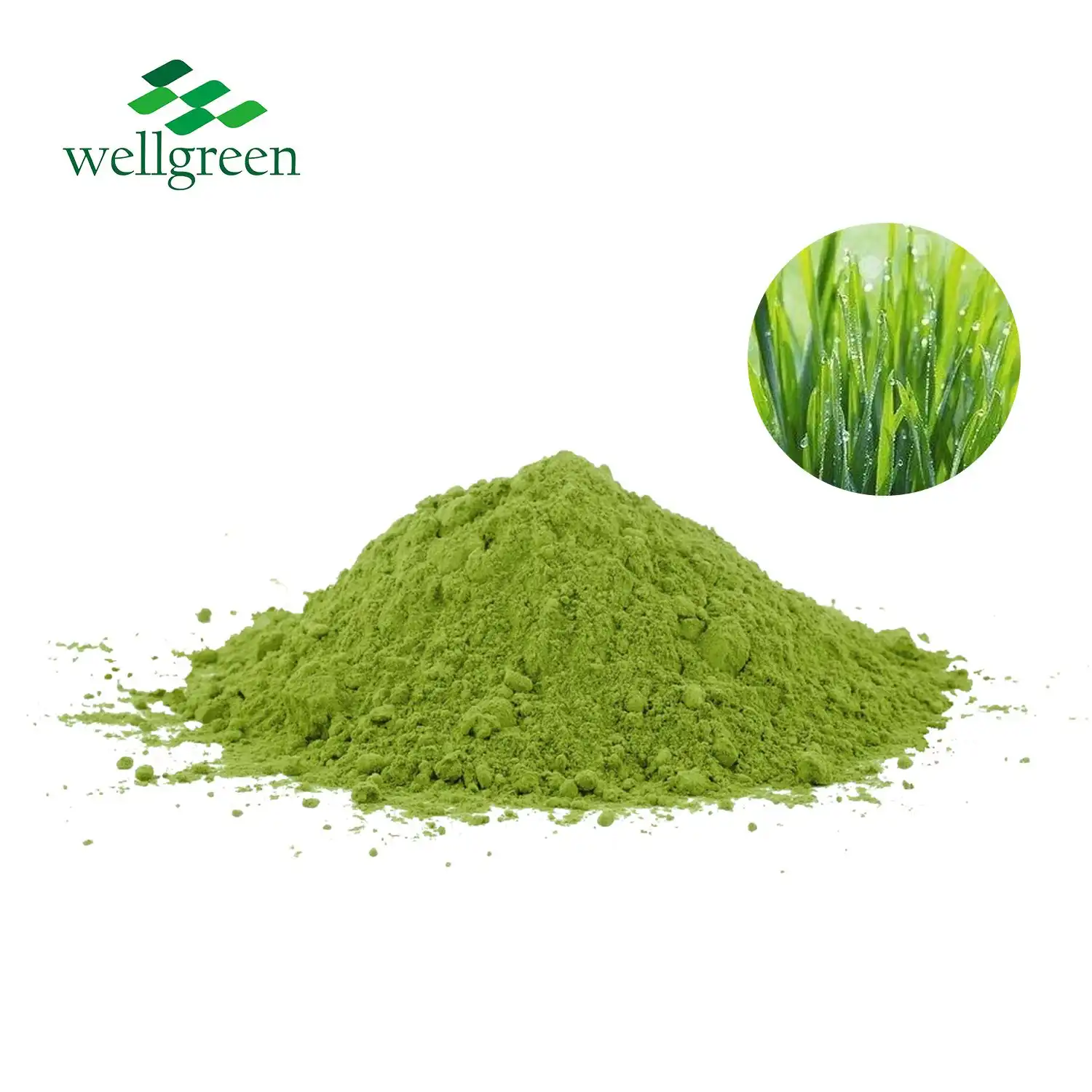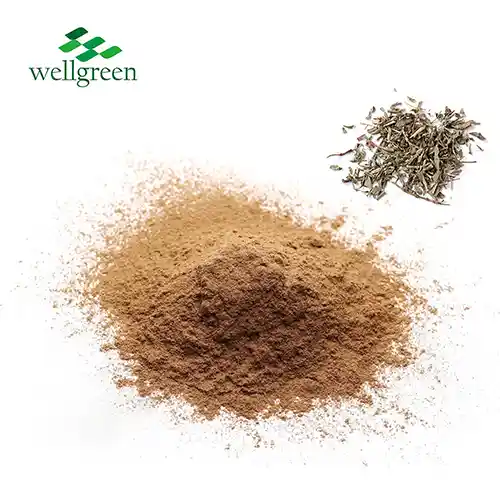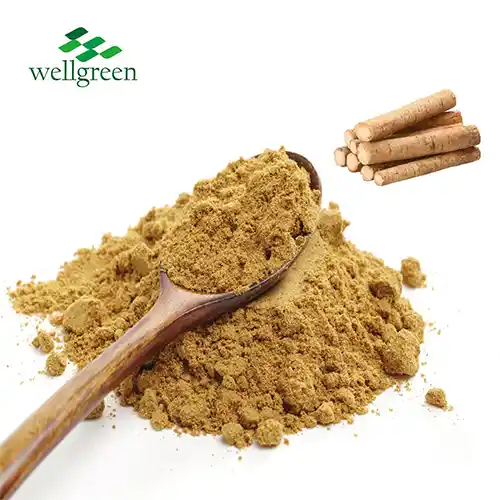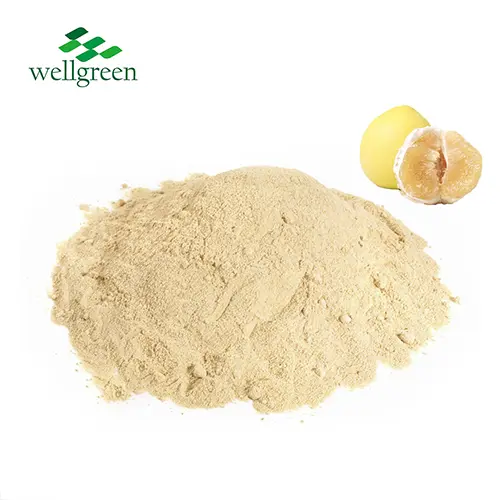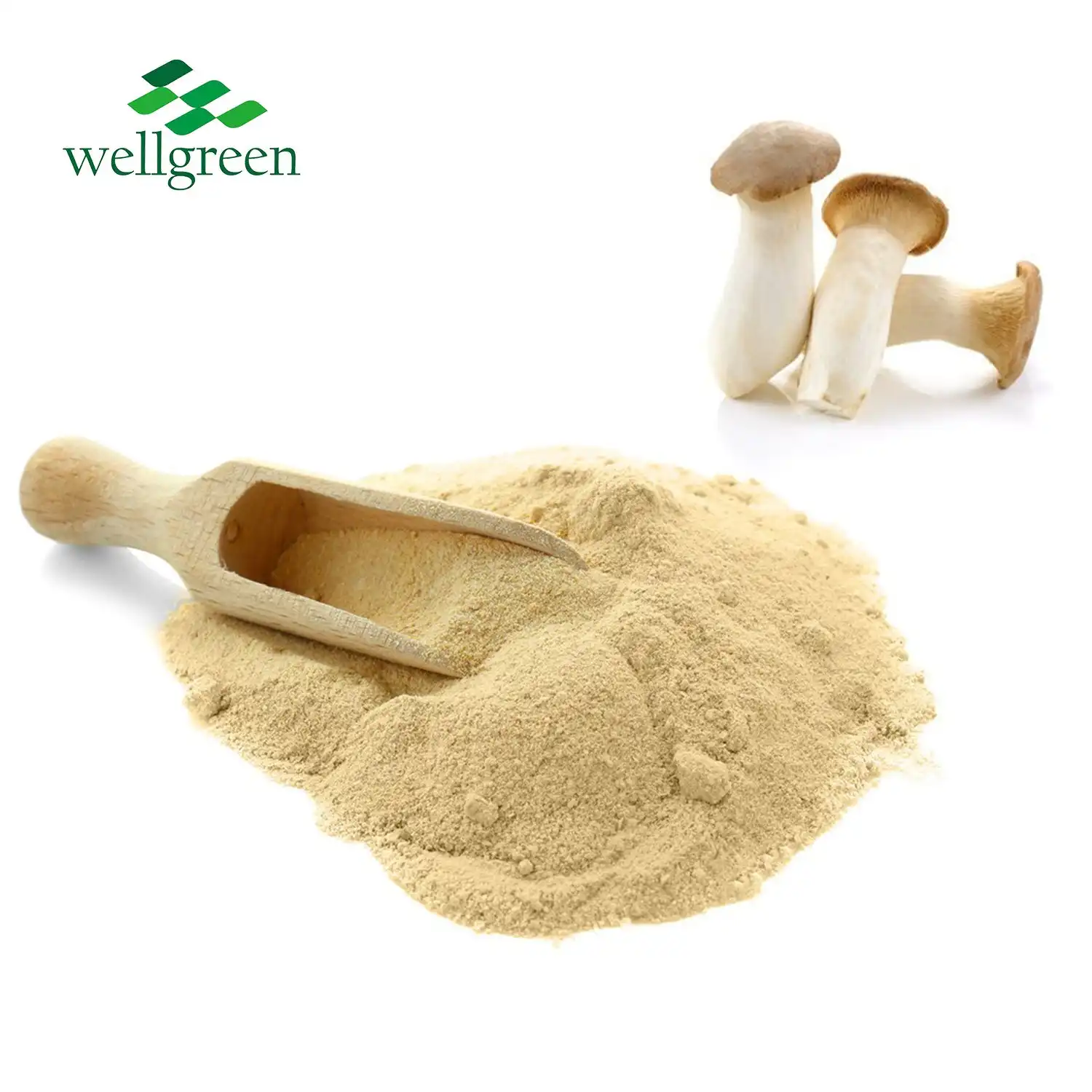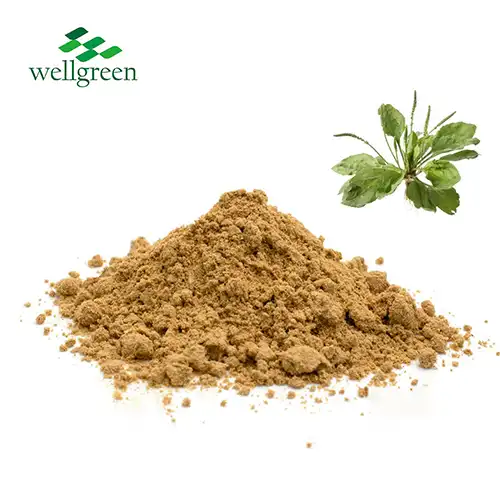Is Apple Powder High in Antioxidants?
2025-08-05 14:18:46
Apple powder is indeed high in antioxidants, making it a powerful addition to your diet for promoting overall health and well-being. This concentrated form of apples retains many of the fruit's beneficial compounds, including a diverse array of antioxidants. These antioxidants, such as flavonoids, polyphenols, and vitamins like vitamin C, work synergistically to combat oxidative stress in the body. The antioxidant content in apple powder can vary depending on factors like the apple variety used, processing methods, and storage conditions. However, studies consistently show that apple powder maintains significant antioxidant activity, often comparable to or even higher than fresh apples due to its concentrated nature. This makes apple powder an excellent choice for those looking to boost their antioxidant intake conveniently and effectively.

What Types of Antioxidants Are Found in Apple Powder?
Flavonoids: Nature's Colorful Defenders
Apple powder is rich in flavonoids, a class of polyphenolic compounds that give apples their vibrant colors and contribute significantly to their antioxidant properties. Quercetin, a prominent flavonoid in apples, has been linked to numerous health benefits, including reduced risk of cardiovascular diseases and certain cancers. Catechins, another group of flavonoids found in apple powder, are known for their potent antioxidant and anti-inflammatory effects. These compounds work together to neutralize harmful free radicals in the body, protecting cells from oxidative damage and supporting overall health.
Phenolic Acids: Powerful Antioxidant Allies
Phenolic acids form another crucial group of antioxidants present in apple powder. Chlorogenic acid, one of the primary phenolic acids in apples, has been associated with improved glucose metabolism and potential weight management benefits. Caffeic acid and p-coumaric acid are other phenolic acids found in apple powder that contribute to its antioxidant profile. These compounds not only scavenge free radicals but also support the body's natural antioxidant defense systems, enhancing overall protection against oxidative stress.
Vitamin C: The Classic Antioxidant
While apples are not as high in vitamin C as some other fruits, apple powder still contains a notable amount of this essential antioxidant. Vitamin C plays a crucial role in immune function, collagen synthesis, and protecting cells from oxidative damage. The concentration of vitamin C in apple powder can vary depending on the processing methods used, but it remains an important contributor to the overall antioxidant capacity of the product. The synergistic effect of vitamin C with other antioxidants in apple powder enhances its ability to combat oxidative stress and support various aspects of health.
Polyphenol Content and Free Radical Scavenging Activity
Quantifying Polyphenols in Apple Powder
The polyphenol content in apple powder is a key indicator of its antioxidant potential. Research has shown that apple powder can contain significant amounts of total polyphenols, often ranging from 2000 to 5000 mg per 100 grams of dry weight, depending on the apple variety and processing methods. This concentration is notably higher than what is typically found in fresh apples, highlighting the concentrated nature of apple powder. Epicatechin, procyanidins, and phloridzin are among the prominent polyphenols found in apple powder, each contributing to its impressive antioxidant profile.
Measuring Free Radical Scavenging Activity
The free radical scavenging activity of apple powder and apple juice powder is typically assessed using various antioxidant assays, such as DPPH (2,2-diphenyl-1-picrylhydrazyl) and FRAP (Ferric Reducing Antioxidant Power) tests. These assays provide valuable insights into the apple powder's ability to neutralize harmful free radicals. Studies have demonstrated that apple powder exhibits strong free radical scavenging activity, often comparable to or exceeding that of many other fruit powders. This high antioxidant capacity translates to potential health benefits, including reduced oxidative stress and inflammation in the body.
Factors Influencing Antioxidant Activity
Several factors can influence the polyphenol content and free radical scavenging activity of apple powder. The apple variety used is a significant determinant, with some varieties naturally containing higher levels of antioxidants than others. Processing methods also play a crucial role; gentler drying techniques, such as freeze-drying, tend to preserve more antioxidants compared to high-temperature drying methods. Storage conditions and duration can affect the stability of antioxidants in apple powder, with proper storage helping to maintain its antioxidant potency over time. Understanding these factors is essential for maximizing the antioxidant benefits of apple powder in various applications.

Comparative Antioxidant Profile: Apple Powder vs. Other Fruit Powders
Antioxidant Capacity Comparison
When comparing the antioxidant capacity of apple powder to other fruit powders, it's essential to consider various antioxidant assays and measurement techniques. Studies have shown that apple powder generally exhibits a high antioxidant capacity, often ranking among the top fruit powders in terms of total antioxidant content. While berries like acai and blueberry powders are often celebrated for their antioxidant properties, apple powder holds its own in comparative studies. Its diverse array of antioxidants, including unique compounds like phloridzin, contributes to its competitive antioxidant profile. The concentration effect of powdering apples can result in an antioxidant capacity that surpasses that of many fresh fruits, making apple powder a potent source of these beneficial compounds.
Unique Antioxidant Compounds in Apple Powder
Apple powder and powder apple juice stand out among fruit powders due to their unique antioxidant profile. Phloridzin, a compound found almost exclusively in apples, is a potent antioxidant with potential benefits for blood sugar regulation. Procyanidins, another group of antioxidants abundant in apple powder, have been linked to cardiovascular health and anti-inflammatory effects. The specific combination of flavonoids, phenolic acids, and other antioxidants in apple powder creates a synergistic effect that may offer distinct health advantages compared to other fruit powders. This unique antioxidant composition makes apple powder a valuable addition to a diverse antioxidant-rich diet.
Bioavailability and Absorption Considerations
While the antioxidant content of fruit powders is important, their effectiveness in the body depends largely on bioavailability and absorption. Apple powder has shown promising results in this regard, with studies indicating good bioavailability of its key antioxidant compounds. The presence of dietary fiber in apple powder may aid in the slow release and absorption of antioxidants in the digestive tract, potentially enhancing their effectiveness. Compared to some other fruit powders, apple powder's antioxidants appear to be well-absorbed and utilized by the body. This factor, combined with its high antioxidant content, makes apple powder a compelling choice for those seeking to maximize their antioxidant intake through dietary supplements.
Conclusion
Apple powder emerges as a potent source of antioxidants, offering a concentrated blend of flavonoids, phenolic acids, and other beneficial compounds. Its high polyphenol content and impressive free radical scavenging activity position it as a valuable addition to health-conscious diets. When compared to other fruit powders, apple powder holds its own, boasting a unique antioxidant profile that includes rare compounds like phloridzin. The bioavailability of its antioxidants further enhances its appeal as a dietary supplement. For those looking to boost their antioxidant intake conveniently, apple powder presents an effective and versatile option.
Contact Us
Ready to experience the antioxidant power of premium apple powder? Contact Xi'an Wellgreen Bio-Tech Co., Ltd. at wgt@allwellcn.com to learn more about our high-quality apple powder products and how they can benefit your health or business.
References
1. Boyer, J., & Liu, R. H. (2004). Apple phytochemicals and their health benefits. Nutrition Journal, 3(1), 5.
2. Francini, A., & Sebastiani, L. (2013). Phenolic compounds in apple (Malus x domestica Borkh.): compounds characterization and stability during postharvest and after processing. Antioxidants, 2(3), 181-193.
3. Henríquez, C., Speisky, H., Chiffelle, I., Valenzuela, T., Araya, M., Simpson, R., & Almonacid, S. (2010). Development of an ingredient containing apple peel, as a source of polyphenols and dietary fiber. Journal of Food Science, 75(6), H172-H181.
4. Kschonsek, J., Wolfram, T., Stöckl, A., & Böhm, V. (2018). Polyphenolic compounds analysis of old and new apple cultivars and contribution of polyphenolic profile to the in vitro antioxidant capacity. Antioxidants, 7(1), 20.
5. Rana, S., & Bhushan, S. (2016). Apple phenolics as nutraceuticals: assessment, analysis and application. Journal of Food Science and Technology, 53(4), 1727-1738.
6. Wolfe, K., Wu, X., & Liu, R. H. (2003). Antioxidant activity of apple peels. Journal of Agricultural and Food Chemistry, 51(3), 609-614.

